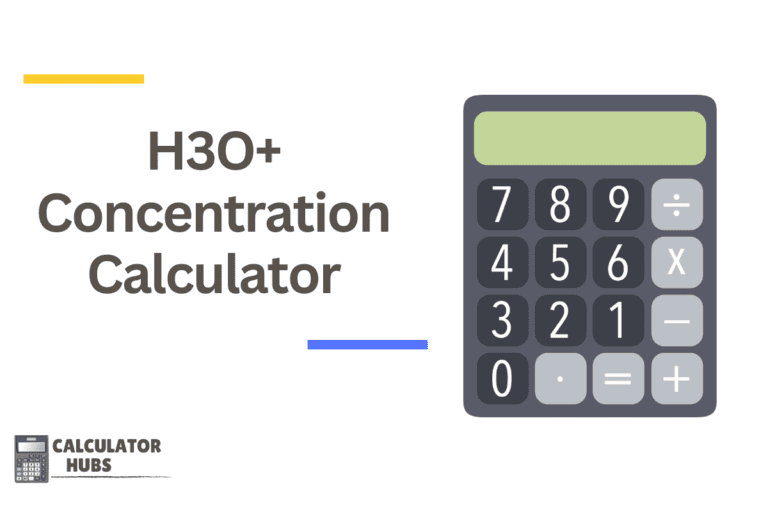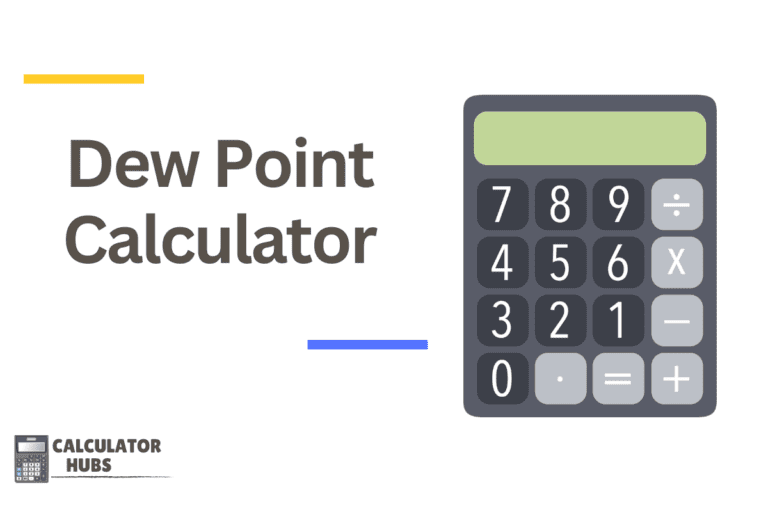PC Power Supply Calculator
Total Power Requirement: 0 W
A PC Power Supply Calculator is an essential tool for anyone building or upgrading a computer. This calculator helps determine the appropriate wattage needed for a computer’s power supply unit (PSU) based on the components installed. Ensuring that your PSU can handle the total power demand is crucial for system stability and longevity.
How the PC Power Supply Calculator Works
The calculator estimates the total power consumption of all the computer components, including the CPU, GPU, memory, drives, and any additional peripherals. It provides a recommended PSU wattage that exceeds the estimated power consumption to ensure that the PSU operates efficiently and has enough headroom for peak or future loads.
Key Inputs:
- CPU Model: Different processors have different power requirements.
- GPU Model: Graphics cards are often the most power-hungry components.
- Number of RAM Sticks and their Type: RAM also contributes to the overall power usage.
- Number of Drives (HDDs and SSDs): Each drive type has a specific power draw.
- Motherboard Type: Standard ATX, microATX, and other types have different power needs.
- Cooling System: Includes air coolers and liquid cooling systems.
- Number of Fans and RGB Lighting: Additional components that require power.
- Peripheral Devices: Any other devices that draw power from the PSU.
Formula Used:
The total power requirement is estimated by adding up the power consumption of each component:
Total Power Consumption = CPU Power + GPU Power + RAM Power + Drive Power + Motherboard Power + Cooling System Power + Fan Power + Peripheral Power
Recommended PSU Wattage = Total Power Consumption × 1.2The multiplication factor (e.g., 1.2) provides a 20% buffer over the estimated power consumption, which is a safety margin to account for power spikes and to ensure the PSU is not operating at full capacity continuously.
General Terms and Definitions Table
| Term | Definition |
|---|---|
| CPU Power | The amount of power the central processing unit consumes. |
| GPU Power | The power consumption of the graphics processing unit. |
| RAM Power | The power needed for the system’s memory. |
| Drive Power | Power used by storage devices like hard drives and SSDs. |
| Motherboard Power | The base power requirement of the motherboard. |
| Cooling System Power | Power used by the cooling system to maintain temperature. |
| Fan Power | Power consumption of case fans. |
| Peripheral Power | Power required for additional devices connected to the system. |
| PSU Wattage | The total power output capacity of the power supply unit. |
Example of Calculator Use
Scenario:
Calculate the recommended PSU wattage for a gaming PC with the following specifications:
- CPU: Intel i7
- GPU: NVIDIA RTX 3080
- 2 sticks of DDR4 RAM
- 1 SSD and 1 HDD
- Standard ATX motherboard
- 1 liquid cooling system
- 3 case fans
- RGB lighting
Calculation and Result:
Based on the inputs, the calculator estimates each component’s power usage and sums them up to suggest a PSU wattage that ensures optimal performance and reliability.
Most Common FAQs
1. Why include a buffer in the recommended PSU wattage?
A buffer ensures that the PSU can handle occasional power spikes and prevents it from running at full capacity, which can extend its lifespan and enhance system stability.
2. Can the calculator adjust for future upgrades?
While the calculator provides a current estimate, users should consider potential upgrades when selecting a PSU to avoid needing a new PSU with each upgrade.
3. How accurate are PSU calculators?
While generally accurate, these calculators provide an estimate. It’s advisable to consult with a professional or refer to detailed specifications for critical builds.
4. Is it possible to manually calculate PSU needs?
Yes, by summing the power requirements of each component from their specifications, though using a calculator simplifies and speeds up this process.
5. What risks are associated with underpowered PSUs?
An underpowered PSU can lead to system instability, unexpected shutdowns, and even hardware damage.
The PC Power Supply Calculator is a vital tool for both novice builders and seasoned tech enthusiasts, helping to ensure that every PC build is safe, stable, and ready for future upgrades.


